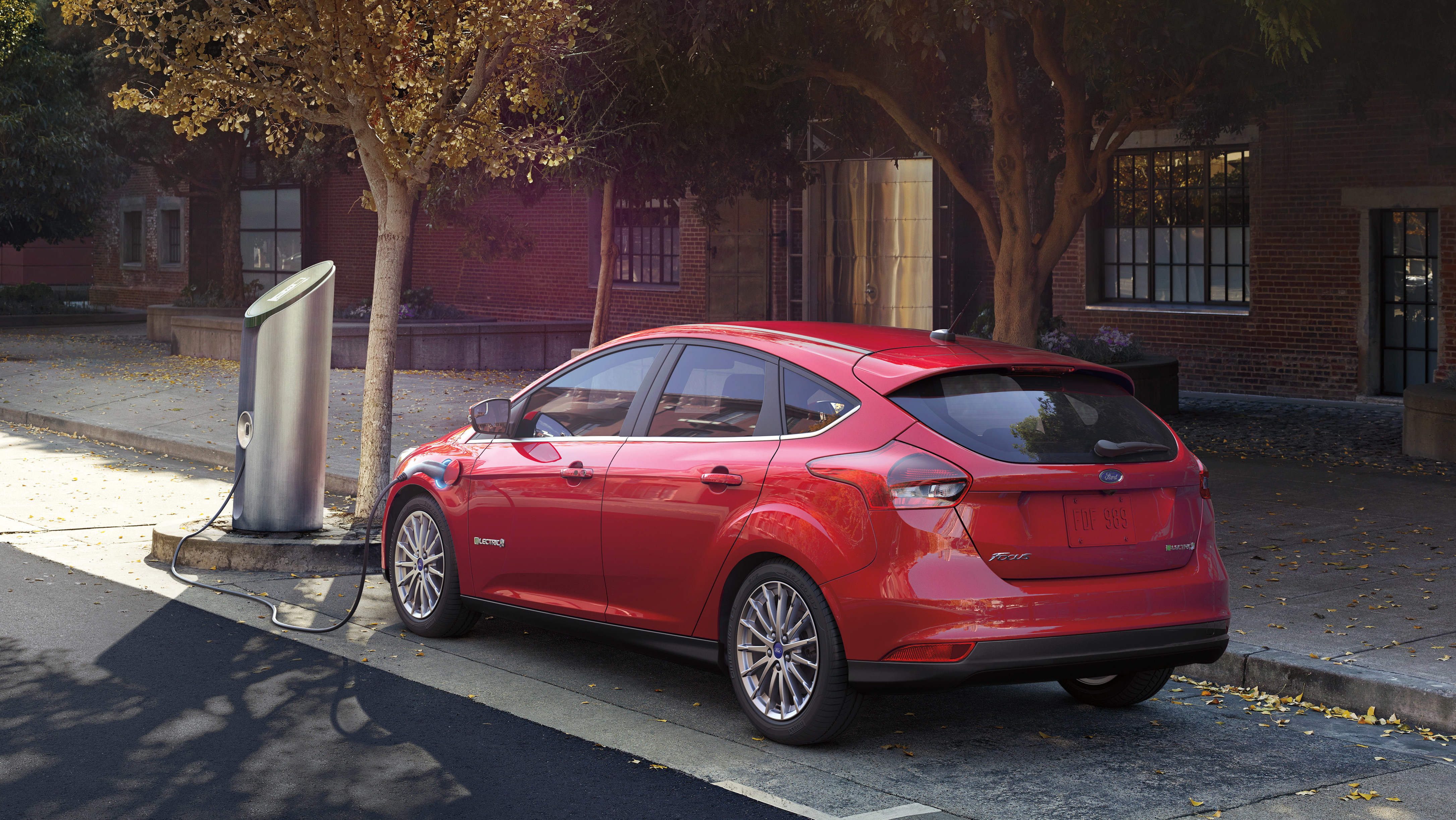Ford's Letting Us Down On Electric Cars (Updated)
The Ford Motor Company bravely and ambitiously announced today that it would be launching an all-electric model... based on existing MEB platform architecture cribbed from Volkswagen. The VW I.D. 3, sharing that platform, is planned for launch next summer. Ford is going all-in on this electric thing and is ready to prove it by announcing outsourced tech that will take four more years to reach production. That seems, I don't know, kind of weak?
Ford has had every opportunity to jump on the battery electric vehicle bandwagon, but has instead decided a half-assed approach is more sensible.
With the death of the Focus in the U.S. market, so too goes the company's lone EV. Despite introducing an electric Ranger in 1997 and the Escape Hybrid in 2004, Ford's current electrified lineup is limited to a hybrid Explorer, as well as a traditional hybrid and PHEV version of the Fusion. Which looks even worse when the Fusion is likely to be discontinued in 2020.
Back in 2017 Ford announced that it would launch a new all-electric SUV with "at least 300 miles of range," and electrified versions of the F-150, Mustang, and Transit Connect. Not only did the company promise these were coming, but it even put a date on it. "Before 2020" Ford said. Instead, more delays, and job cuts.
Forgive me for thinking Ford flat-out doesn't care about the EV or hybrid car market, but the company's actions seem to indicate it doesn't. By kicking this Volkswagen deal out another four years, Ford is committing to nothing. Not resources, not tech, not dealer showroom space.
It's pretty much a foregone conclusion that electrified tech is the future of transportation. By dumping sedans, investing in SUVs, and continually pushing back EV tech, Ford is being incredibly shortsighted. True, there's an electric F-150 coming, as well as a "Mustang-inspired" EV crossover, but again, that stuff is way off. We haven't seen any of it yet. And by the time they debut, Ford will still be behind several key competitors in terms of EVs. (Ford, it must be noted, is investing half a billion dollars into EV truck startup Rivian apparently for an all-new vehicle—but again, we don't know what all that looks like yet.)
For a company that has traditionally been an innovator, and one that has always been able to see the writing on the wall, it seems to me that the blue oval has been walking around Detroit in a bubble with blinders on for the last five years.
Or maybe the company's happy to push trucks until gasoline is $10 a gallon.
Good for Ford that it has figured out how to make massive profits on pickups by dressing them with driver assistance tech and massaging seats, but it would be a lot cooler if one of the world's most monolithic automakers would start acting a little more forward-thinking.
Correction: A previous version of this story mislabeled the Explorer Hybrid as a mild hybrid. Under certain driving situations, the Explorer Hybrid can operate on electric power up to about 50 miles per hour with a 1.5 kWh battery and 35kw electric motor.
The story has also been updated to add additional details about Ford's electric plan.
